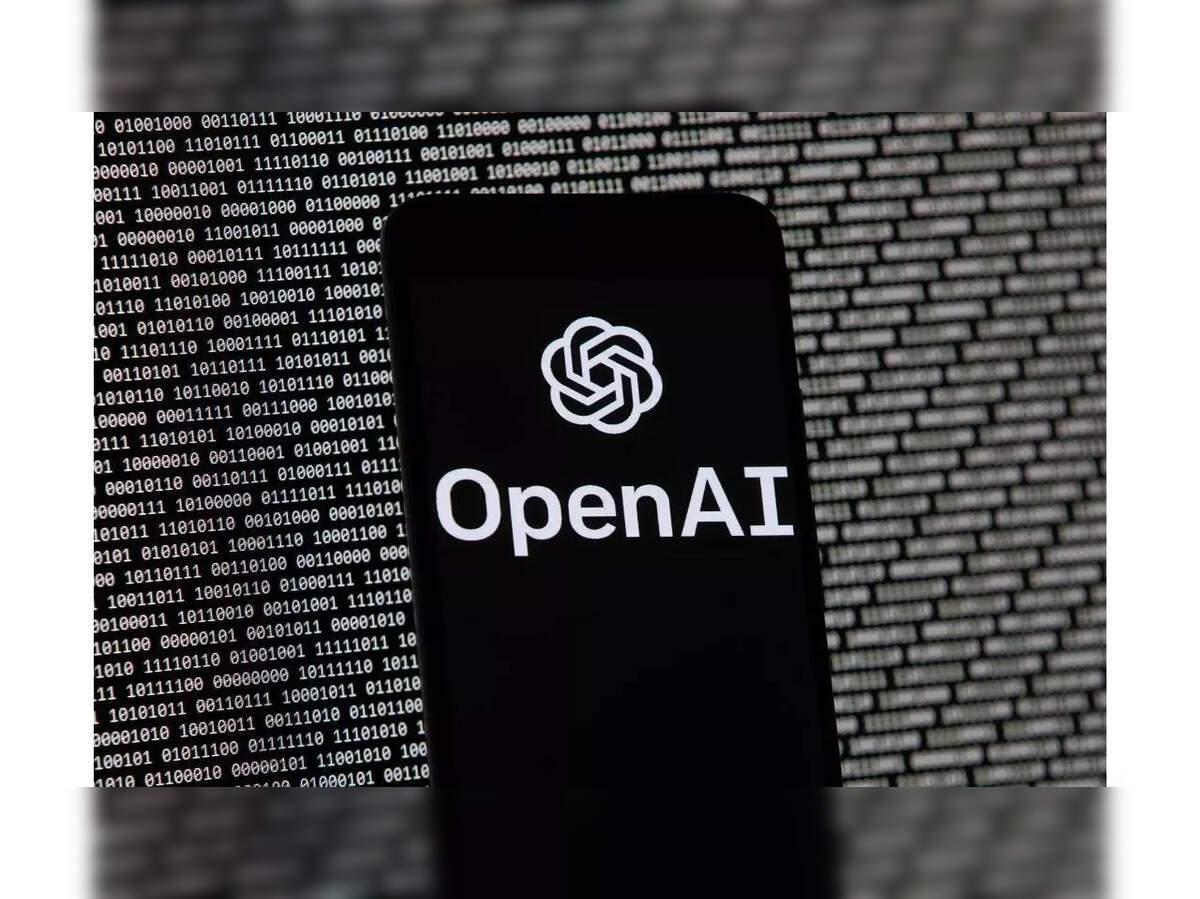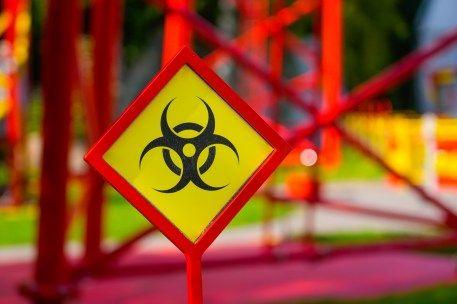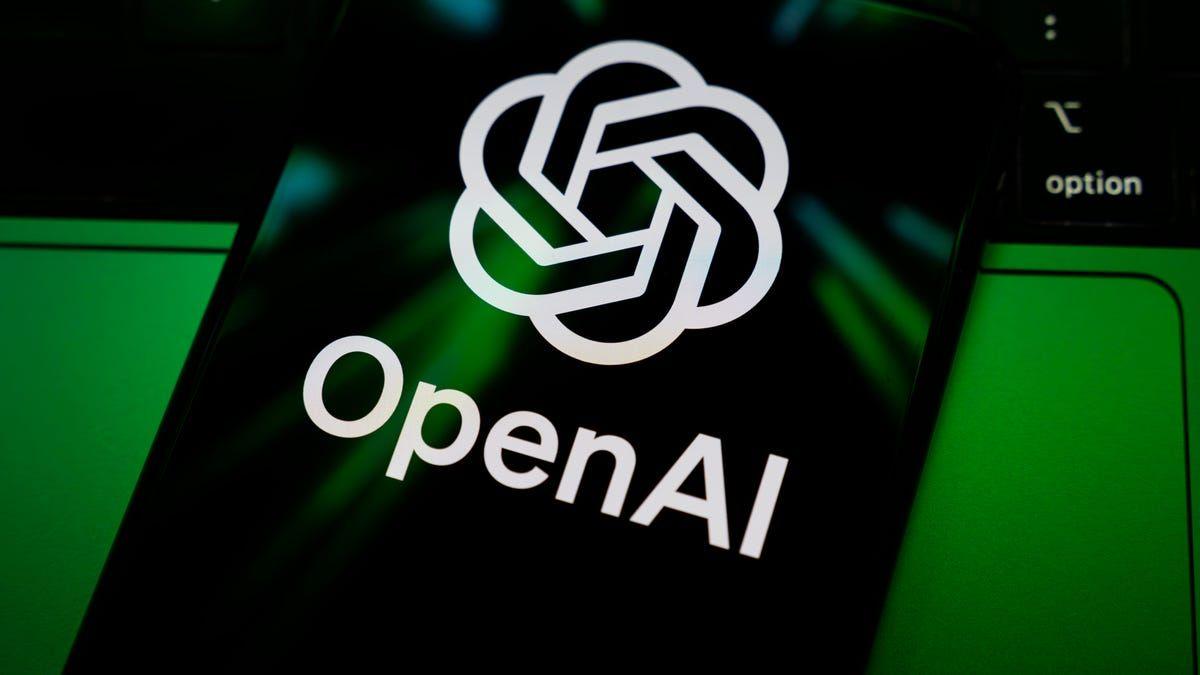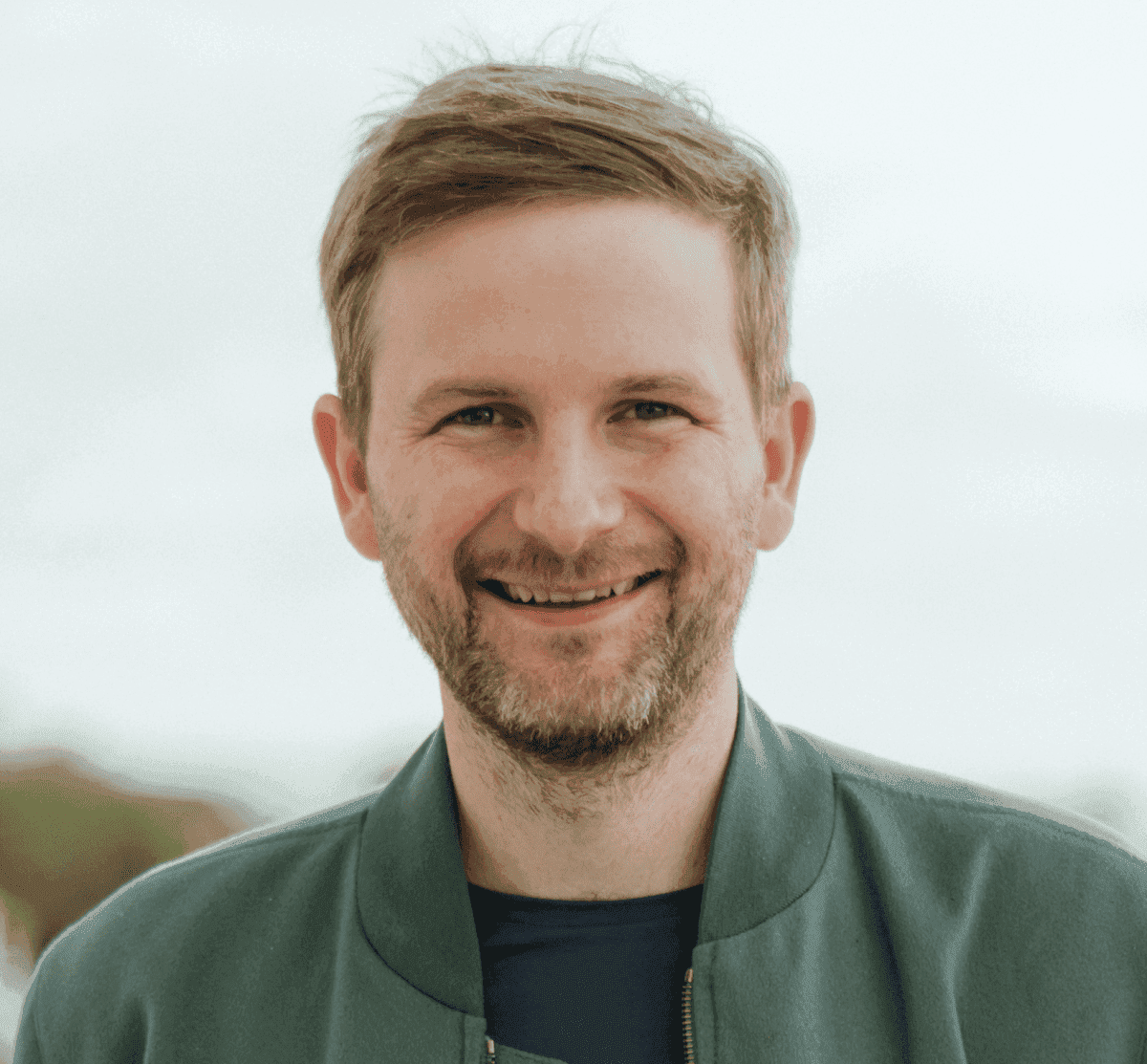OpenAI Backs Valthos: A $30M Venture to Combat AI-Enabled Bioweapons
3 Sources
3 Sources
[1]
OpenAI Backs a New Venture Trying to Thwart AI Bio-Attacks
It's a nightmare scenario: A terrorist without much training uses an artificial intelligence program to engineer a supervirus combining the incubation period of HIV, the contagiousness of measles and the mortality rate of smallpox. This is a worst-case outcome for the AI revolution, the Center for AI Safety wrote in a recent report. It's also what's keeping Kathleen McMahon up at night. McMahon is the co-founder and chief executive officer of Valthos Inc., a New York-based biosecurity software startup building tools to defend against bioweapon attacks, which could be hastened by AI advancements. On Friday, the nine-person startup is officially emerging from stealth, with $30 million in funding from OpenAI, Founders Fund and Lux Capital.
[2]
OpenAI backs a new venture trying to thwart AI bio attacks
Valthos, a New York-based biosecurity startup founded by Kathleen McMahon and Tess van Stekelenburg, has emerged from stealth with $30 million in funding from OpenAI, Founders Fund, and Lux Capital. Using AI to detect and counter bioweapon threats, Valthos aims to strengthen biodefense as AI advances heighten global biosecurity risks. It's a nightmare scenario: A terrorist without much training uses an artificial intelligence program to engineer a supervirus combining the incubation period of HIV, the contagiousness of measles and the mortality rate of smallpox. This is a worst-case outcome for the AI revolution, the Center for AI Safety wrote in a recent report. It's also what's keeping Kathleen McMahon up at night. McMahon is the cofounder and chief executive officer of Valthos, a New York-based biosecurity software startup building tools to defend against bioweapon attacks, which could be hastened by AI advancements. On Friday, the nine-person startup is officially emerging from stealth, with $30 million in funding from OpenAI, Founders Fund and Lux Capital. Valthos's software pulls together biological data from commercial and government sources -- such as air and wastewater monitoring -- and then uses AI tools to identify emerging threats and characterise the risks. The company is also developing AI systems to update the designs of medical countermeasures for evolving threats, and plans to bring on partners like pharmaceutical companies for manufacturing and distribution. "The only way to deter an attack is to know when it's happening, update countermeasures, and deploy them fast," said McMahon, who was previously the longtime leader of Palantir Technologies Inc.'s life sciences division. McMahon started Valthos with Tess van Stekelenburg, a venture partner at Lux Capital with degrees in computational neuroscience and biology. Van Stekelenburg said that she'd been searching for a biodefense company to back for years before deciding to launch her own with McMahon. Defense tech has become a hot area for venture capital investing, as Silicon Valley investors plow billions into autonomous drones, advanced nuclear systems and other national security endeavors. But funding for biotech, a category that includes bioweapons defense, sank this year to its lowest point in more than a decade, according to data from researcher PitchBook. At the same time, advances in well-funded AI research has increased the stakes for biotech innovation. Earlier this year, the National Security Commission on Emerging Biotechnology issued a report on the sector, calling for more investment. "There will be a ChatGPT moment for biotechnology," the authors wrote, "and if China gets there first, no matter how fast we run, we will never catch up." Large language model companies have said they're performing their own risk assessments and working to build countermeasures to identify and prevent criminal use of their tech. OpenAI Chief Strategy Officer Jason Kwon, said Valthos is the first biosecurity investment that OpenAI has discussed making, though he suggested the company's work in the area could increase. "There needs to be a system of countervailing technologies out there to make the system robust," Kwon said. He added that OpenAI is "constantly evolving" safeguards to prevent the misuse of ChatGPT, and that effective biosecurity requires a large network of diverse stakeholders. "We have to build an ecosystem." The federal government has recently cut funding for biodefense projects at the same time as the private sector has slowed its own spending -- partly because biotech hasn't always paid off for investors. "The question is whether this is the right amount of money and whether we can implement these solutions in the right way," said Daniel Regan, a senior fellow at the Council on Strategic Risks who specializes in biosecurity. "It's hard for these companies with private dollars to make it out of the investment valley of death and to find the pathway of success." But AI and a greater focus on defense technology could be changing the calculus, and boosting companies like Valthos. Founders Fund Partner Delian Asparouhov has known van Stekelenburg since her firm Lux backed Varda Space Industries, the space manufacturing drug company he founded. He said backing Valthos wouldn't have made sense, or even been possible a few years ago, but since then tech breakthroughs have increased the ability to create AI bioweapons along with the opportunity to prevent it. "Pre-2025 there were murmurs, but now it's really come to the forefront," Asparouhov said. Because the US government will be a primary customer for Valthos technology, CEO McMahon said that the startup will apply many of the same principles she learned at Palantir about working with officials as well as commercial customers. "We need to meet operators where they are," she said. Lux Capital partner Brandon Reeves said there were few startups building tools in the biosecurity space, but predicts Valthos will be the first of many companies to focus on the sector. "We are in the early innings," Reeves said. "We believe this should be on the same threat level as nuclear or cyber."
[3]
OpenAI-Backed Valthos Raises $30 Million to Combat AI-Enabled Biological Threats | PYMNTS.com
By completing this form, you agree to receive marketing communications from PYMNTS and to the sharing of your information with our sponsor, if applicable, in accordance with our Privacy Policy and Terms and Conditions. This kind of defense is needed because AI has expanded access to biotechnologies that can create diseases as well as eliminate them, the company said in a Friday blog post. "Today, it's faster to weaponize biology than to advance new cures," Valthos said in its post. "Leaders in AI have identified this as one of the largest threats of our time." Valthos is building tools that government and life sciences experts can use to identify biological threats and design medical countermeasures to respond to them, according to the company's website. "We build AI systems to rapidly characterize biological sequences and update medicines in real time," the company said in the post. "This strengthens biodefense today and lays the groundwork for the adaptive, precision therapeutics of tomorrow." Valthos Co-founder and CEO Kathleen McMahon wrote in a Friday post on X: "We have an opportunity to use emerging AI methods to strengthen biodefense -- earlier detection of threats, faster, more precise medicine. It's a race to get these systems in place to deter the worst case and we're running out of time. This is the problem I want to solve." McMahon added in another Friday post that Valthos will bring expertise in operational software and machine language to experts who are on the frontline of biodefense. PYMNTS reported in October 2024 that AI is transforming pharmaceutical research, compressing timelines and potentially slashing drug prices.
Share
Share
Copy Link
Valthos, a New York-based biosecurity startup, emerges from stealth with $30 million in funding to develop AI-powered tools for detecting and countering bioweapon threats. The venture, backed by OpenAI, aims to strengthen biodefense as AI advancements heighten global biosecurity risks.
Valthos Emerges from Stealth with $30 Million Funding
Valthos Inc., a New York-based biosecurity software startup, has officially emerged from stealth mode with a substantial $30 million in funding from prominent investors including OpenAI, Founders Fund, and Lux Capital
1
2
. Co-founded by Kathleen McMahon and Tess van Stekelenburg, Valthos aims to develop cutting-edge tools to defend against bioweapon attacks, particularly those that could be accelerated by advancements in artificial intelligence.
Source: ET
The Nightmare Scenario and Valthos' Mission
The startup's mission is driven by a chilling possibility: terrorists using AI to engineer devastating superviruses. This scenario, described as a worst-case outcome of the AI revolution by the Center for AI Safety, involves combining the incubation period of HIV, the contagiousness of measles, and the mortality rate of smallpox
1
2
. Valthos is building software to counter such threats, pulling together biological data from various sources and using AI tools to identify emerging risks.
Source: PYMNTS
AI-Powered Biosecurity Solutions
Valthos' approach involves several key components:
- Data Integration: The software aggregates biological data from commercial and government sources, including air and wastewater monitoring
2
. - Threat Identification: AI tools are employed to detect and characterize potential biosecurity risks
2
. - Countermeasure Development: The company is developing AI systems to update medical countermeasures for evolving threats
2
. - Rapid Response: Valthos aims to enable quick detection of attacks and swift deployment of countermeasures
2
.

Source: Bloomberg
The Intersection of AI and Biodefense
The investment in Valthos highlights the growing concern about AI's potential misuse in bioweapons development. Jason Kwon, OpenAI's Chief Strategy Officer, emphasized the need for a system of countervailing technologies to make the ecosystem robust
2
. This investment marks OpenAI's first publicly discussed venture into biosecurity, signaling a potential increase in their involvement in this critical area.Related Stories
Challenges and Opportunities in Biodefense
While defense tech has become a hot area for venture capital, biotech funding has recently hit its lowest point in over a decade
2
. However, the advancements in AI research have raised the stakes for biotech innovation. The National Security Commission on Emerging Biotechnology has called for increased investment, warning of a potential "ChatGPT moment" for biotechnology2
.Future Implications and Industry Perspective
Valthos' emergence comes at a crucial time when the U.S. government has reduced funding for biodefense projects. The startup's success could potentially reshape the landscape of biosecurity and biodefense. Brandon Reeves of Lux Capital noted the scarcity of startups building tools in this space, highlighting the unique position of Valthos
2
.As AI continues to transform various sectors, including pharmaceutical research, Valthos stands at the forefront of using these emerging technologies to strengthen biodefense. The company's mission extends beyond immediate threat detection to laying the groundwork for adaptive, precision therapeutics of the future
3
.References
Summarized by
Navi
Related Stories
OpenAI Warns of Bioweapon Risks in Next-Gen AI Models
19 Jun 2025•Technology

AI-Designed Proteins Expose Biosecurity Vulnerabilities in DNA Screening
03 Oct 2025•Science and Research

OpenAI warns upcoming AI models will likely pose high cybersecurity risk with zero-day exploits
11 Dec 2025•Policy and Regulation

Recent Highlights
1
Samsung unveils Galaxy S26 lineup with Privacy Display tech and expanded AI capabilities
Technology

2
Anthropic refuses Pentagon's ultimatum over AI use in mass surveillance and autonomous weapons
Policy and Regulation

3
AI models deploy nuclear weapons in 95% of war games, raising alarm over military use
Science and Research





